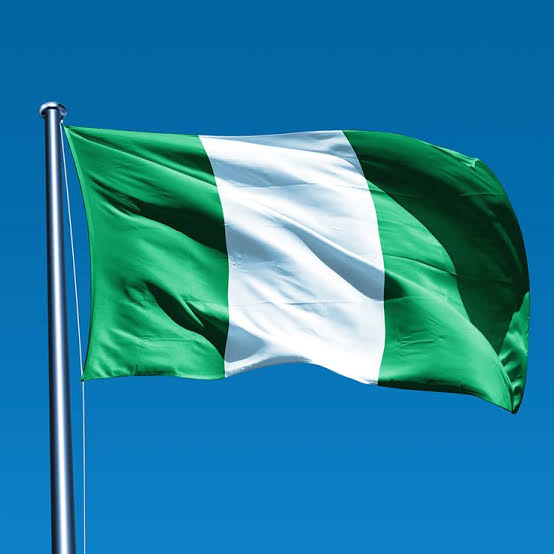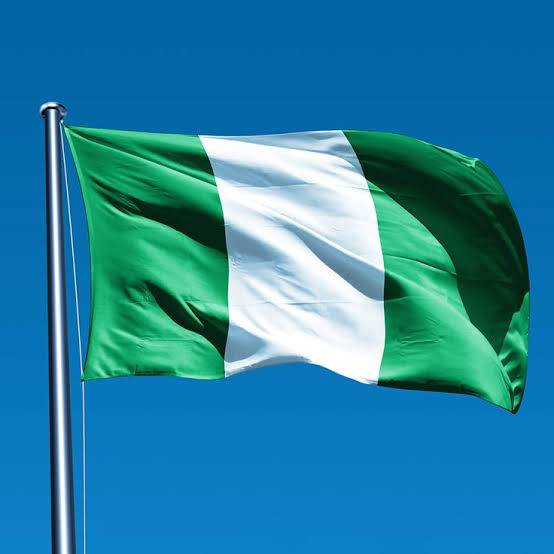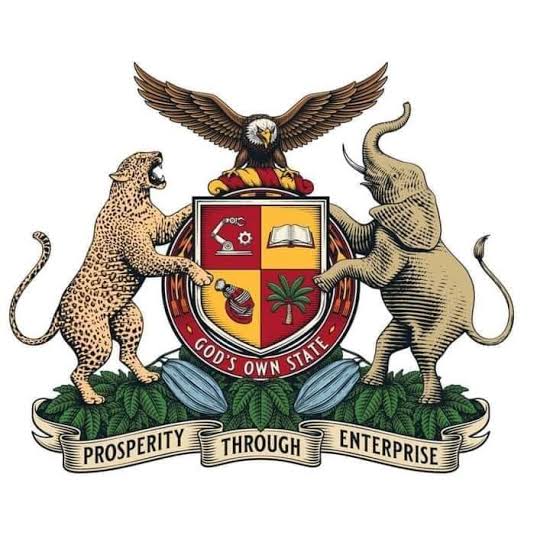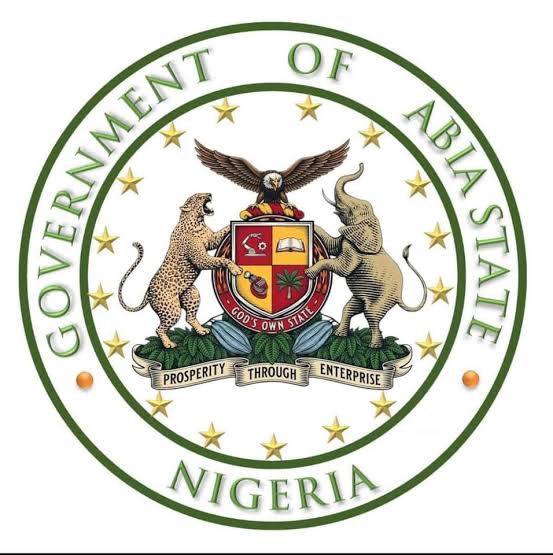The Nigerian State At 65.
Wednesday (Orie) 01-10-2025.
At exactly midnight on Saturday 1st October, 1960, that was sixty-five years ago, at Lagos Race Course, now known as Tafawa Balewa Square, TBS, the British Union Jack, which symbolized imperial colonial rule over Nigeria, was lowered, and in its place, the vertical bicolour triband flag of Green, White and Green was hoisted. The event was a grand spectacle attended by peoples from different walks of life. The Prime-Minister, Sir Abubakar Tafawa Balewa, the Governor-General, Dr Nnamdi Azikiwe and his wife, Flora, the Leader of Opposition, Chief Obafemi Awolowo, Princess Alexandra of Kent, representing Queen Elizabeth11, and many notable Nigerians and exiting British Colonial Officials were present.
That moment signified Nigeria’s attainment of Political Independence from Britain after Ninety-nine years of uninterrupted colonialism, 1861 when Britain annexed Lagos-1960.
In the same year of Nigeria’s independence, many African States, mostly from the French colonial rule, also obtained their independence. It was in this sequence,
(1) Senegal, 4th April, 1960,
(2)Togo, 27th April, 1960, (3) Madagascar, 26th June, 1960,
(4) Democratic Republic of Congo, 30th June, 1960,
(5) Somalia, 1st July, 1960, (6) Benin, 1st August, 1960,
(7) Ivory Coast (Cote D’Ivoire), 7th August, 1960,
(8) Chad, 11th August, 1960,
(9) Central African Republic, 13th August, 1960,
(10) Gabon, 17th August, 1960,
(11) Mali, 22nd September, 1960, and
(12) Mauritania, 28th November, 1960.
Expectations of Nigerians at independence were very high. Even though the processes and struggles for independence were not characteristically bloody as was the case in such countries as Kenya and South-Africa, except the very unfortunate incident when the British Colonial Police shot at striking Miners at Enugu on Friday 18th November, 1949, killing twenty-one and wounding fifty-one, Nigerians were highly optimistic that if Nigerian Leaders could deploy the quantum of patriotism, nationalism and vigour they had put in agitating for independence, that Nigeria would be on a high traffic of development.
Regrettably, factors such as nepotism, tribalism, corruption and bribery quickly emerged as a clog on the wheel of unity, peace and progress of Nigeria.
Barely six years after her independence, many things had gone astray and awry, politics, based on ethnicity, was bitterly played, population census became a major source of controversy, power play became characterized by divide and rule, Chief Obafemi Awolowo was arrested with several of his political disciples, accused of treason, conspiring with Ghanaian Authority to overthrow the Federal Government of Nigeria, and was imprisoned under the watch of Prime-Minister Abubakar Tafawa Balewa.
The Western Region went on flame. There was ‘Wild West, with Wetie’. There was anarchy! Human lives became meaningless as conflict between Chief Obafemi Awolowo and his former ally, Chief Samuel Akintola who took over from him as Premier of Western Region when he moved to the Centre to become Leader of Opposition, soared.
In the midst of the crisis and devastation that Western Region had become, with the Abubakar Tafawa Balewa-led Federal Government doing nothing to address the horror, a crop of young officers in the Nigerian Military struck on Saturday 15th January, 1966.
Poor execution of what should have been a noble cause gave rise to deep suspicion. While the Coup appeared to have succeeded in both the Northern and Western Regions, it was an abysmal and doubtful failure in the Eastern Region. While prominent Political Leaders were killed in the putsch in the North and West, no prominent Political Leader from the East was killed.
That became the root for a counter Military Coup masterminded by Military Officers of Nothern extraction on Thursday 28 July, 1966. Massacre of Military Officers, Police Officers of Igbo extraction started immediately in the North and West.
The pogrom, extended to civilians, became ceaseless. Attempts to bring about truce and reconciliation took Lt. Col Yakubu Gowon as Nigeria’s Head of State, and Lt. Col Chukwuemeka Odimegwu Ojukwu as Military Governor of Eastern Region to Aburi in Ghana under General J. A. Ankra between 4th and 5th of January, 1967.
As the pogrom continued in the North and West, and with the failure of the Aburi intervention, Lt. Col Ojukwu, after exhaustive consultation, declared the Eastern Region as Federal Republic of Biafra on 30th May, 1967.
War eventually broke out, and the first shot was fired by the Nigerian Army about 5:30 am on 6th July, 1967, at Gakem in Bekwarra in present day Cross River State. From that day to 15th January, 1970 when the war ended, it was horror upon horror. May Nigeria witness no more war in her history.
Despite the setbacks that resulted from the Civil War, commonly referred to as Nigeria/Biafra War, Nigeria has covered many milestones. From a comparative perspective, the twelve countries mentioned above that obtained their independence in the same year as Nigeria have not faired better than Nigeria. It could even be argued that Nigeria has, by far, done better than them.
However, it has to be pointed out that with the humongous resources Nigeria is endowed with, including human capital, natural and mineral resources, she should have done better considerably.
If Nigeria were a human-being, at 65 it would be in the age of retirement. At such age, whatever an individual has not achieved would be difficult, if not impossible, to achieve. Thank God Nigeria is not an individual. It could still recover lost grounds, with proper planning.
Having attained the age of 65, Equity Global Reporters Ltd would make the following suggestions;
(1) Every strategic step should be taken by Governments to guarantee the security and welfare of Nigerian citizens. State Police is, hereby, advocated.
(2) Agriculture should be given more impetus, including modernising its practices,
(3) Confidence should be built in the Health Sector. Our hospitals should cease to be death centres. Rather, the hospitals should be well equipped while health personnel should have attractive terms of engagement so that the urge to migrate to countries for greener pasture will become less rampant.
(4) Education should be driven by Science and Technology. The Nation’s education should lay more emphasis on producing citizens who will not only create jobs for themselves but become employers of labour.
(5) Epileptic electricity has been an avoidable hindrance to industrial development of Nigeria. Therefore, well calculated honest steps should be taken to make sure that electricity in Nigeria can be taken for granted.
(6) The question of political harmony and stability is something that should not be unattended to in Nigeria at 65. A situation where heartless terrorists and bandits in the North of Nigeria are being negotiated with by Governments, it does not make for harmony that the Leader of Indigenous People of Biafra, IPOB, Mazi Nnamdi Kanu, should not have the privilege of a political settlement of the charges leveled against him. His release will accelerate peace, unity and progress.
(7) Nigerian Political Leaders should learn to make Nigeria their first priority. They should appreciate the fact that looting national resources and depositing them in foreign banks could be inimical to the stability and growth of the country.
(8) If Nigeria has to grow and take her pride of place in the comity of Nations, nepotism, tribalism and corruption have to be erased in our body politic, and in their place enthrone competence, honesty, transparency and accountability.
Hopefully, at 65, there is light at the end of Nigeria’s tunnel. The reforms the Administration of President Bola Ahmed Tinubu has embarked upon in policies that affect Security, Taxes, Foreign Exchange, Health Agriculture, Infrastructure, Education, and Inclusivity, if sustained, would serve as the needed elixir to Nigeria’s contemporary challenges.
Happy 65 Independence Anniversary!
Sir Don Ubani, a former Commissioner for Information and Strategy in Abia State, is the Publisher of Equity Global Reporters Ltd.



